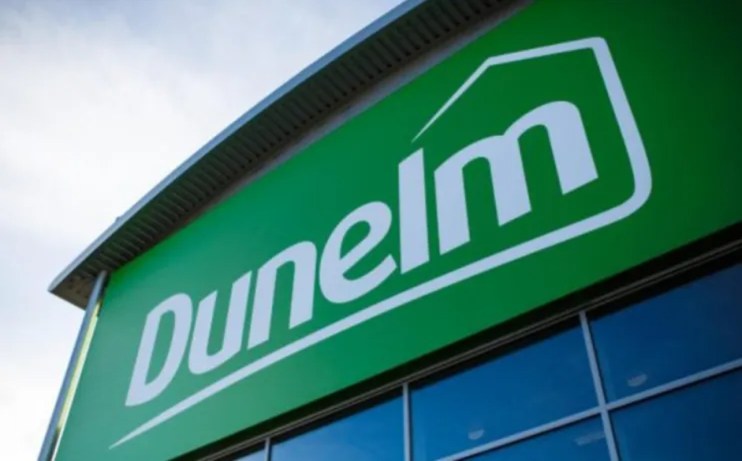Dunelm expects gross margins to grow despite ‘volatile’ homeware market

The Dunelm board said it expects gross margins to grow this year despite describing the homeware and furnishing market as “volatile” and “challenging”.
During the 13 weeks to the end of March sales grew by three per cent to £435m, as customers continue to hold back on home improvements amid the economic squeeze.
However, the firm said its gross margins are set to be ahead of previous guidance and to increase by c.110bps year-on-year, partly thanks to a cooling in freight costs.
The business, which began as a market stall in Leicester, also reported growth in both store and digital channels, with digital sales participation up one percentage point to 37 per cent.
Commenting on today, the board said the homewares and furniture markets remain “challenging,” but the group was on track to meet its profit guidance of between £202m.
It said: “As has been widely reported, trading conditions have continued to be volatile with March in particular seeing softer levels of demand.
“However against this backdrop, our offer continues to resonate with customers and our volume-driven sales performance is underpinned by growth across both store and digital channels. We therefore believe we have continued to gain further market share in the period.”
Dunelm which trades from 183 stores and online also said it is on track to hit its store openings target for FY24, with four new stores open to date and a further two planned to open by the end of the year.
Nick Wilkinson, chief executive officer, said: “We have delivered a resilient performance in Q3, with continued volume-based sales growth through a period of more challenging and volatile market conditions.
“Whilst discretionary spend remains under pressure, our relevant and attractive product offer continues to resonate with customers as they shop across our broad ranges to find quality and value for all areas of the home.”
High interest rates have meant demand in the home improvement market has stalled.
B&Q owner Kingfisher has seen its shares fall by a fifth over the past year as a string of profit warnings posted by the firm have dampened investor confidence.